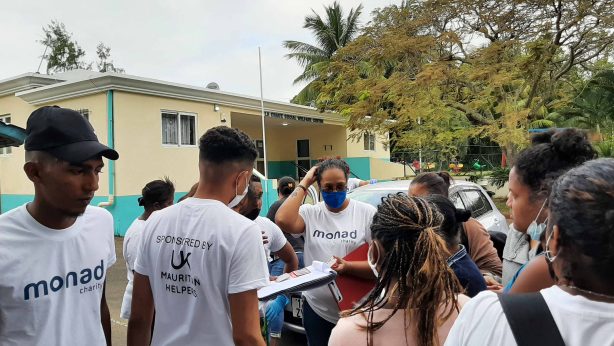Understanding the Broader Social, Economic, and Health Impacts of Living in Poverty in Mauritius
“The Ripple Effect of Poverty: Understanding the Broader Social, Economic, and Health Impacts of Living in Poverty in Mauritius”:
Poverty is a complex issue that affects millions of people worldwide, including Mauritius. It is one of the most pressing social problems in our country that has far-reaching consequences beyond just the lack of financial resources. Poverty has a ripple effect that touches every aspect of life, including social, economic, and health factors, among others. In this article, we want to highlight the broader effects of poverty in Mauritius and how they impact individuals, communities, and the society as a whole.
Economic impact of poverty:
Poverty has a severe economic impact on individuals and communities. It impairs a person’s ability to participate in the labor market, which leads to loss of income and creates further barriers to access basic necessities like food, health care, and education. Poverty results in a lack of access to resources, opportunities, and networks, such as education, skill development and training programs, which limit workforce participation and productivity.
Furthermore, it can lead to an intergenerational cycle of poverty, where children growing up in low-income households have limited access to resources and opportunities leading to lifelong socio-economic challenges.
Social Impact of Poverty:
Poverty also impacts the social fabric of society. Exclusion from social networks, institutions, and cultural events, leads to a greater sense of marginalization and disempowerment among the impoverished populations. This results in social injustice and inequality, which often leads to issues of social stratification, stigmatization, and social isolation. Poverty also leads to higher instances of crime, drug/alcohol abuse, and mental health problems, as children and adults alike struggle to cope with the adversity and lack of opportunities associated with marginalization and poverty.
Health impacts of Poverty:
Poverty is closely linked to health outcomes. According to the World Health Organization (WHO), poor people are more likely to experience poor health compared to their wealthier counterparts, and often have higher levels of morbidity and mortality from health conditions. The lack of resources, limited access to healthcare, poor environmental conditions, and social exclusion contribute to poor health outcomes in impoverished populations. Additionally, poor health further deepens the economic and social impacts of poverty, as it impedes one’s ability to work, participate in daily activities, and access services.
Conclusion:
In conclusion, poverty is a multifaceted problem that has far-reaching impacts beyond just the lack of financial resources. The interconnectivity of economic, social, and health factors highlights the importance of addressing poverty through a development lens, including the development of institutional and policy frameworks, promoting social inclusion and building equitable institutions, which can mitigate the effects of poverty over the long term. Monad Charity recognizes the complex nature of poverty and continues to work towards promoting equity, justice, and equal opportunities for all members of society. We believe in investing in education, healthcare, vocational training, and social entrepreneurship as the way forward for the eradication of poverty. Only through collective efforts can we create a brighter future and alleviate the adversities and impacts of poverty for the most vulnerable.


